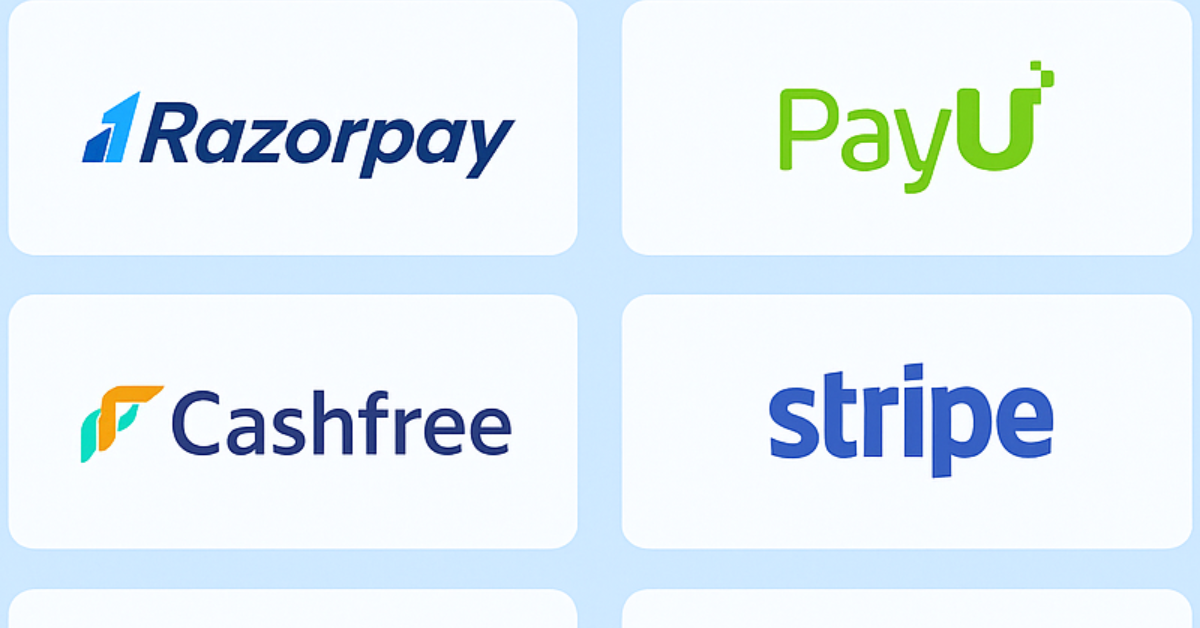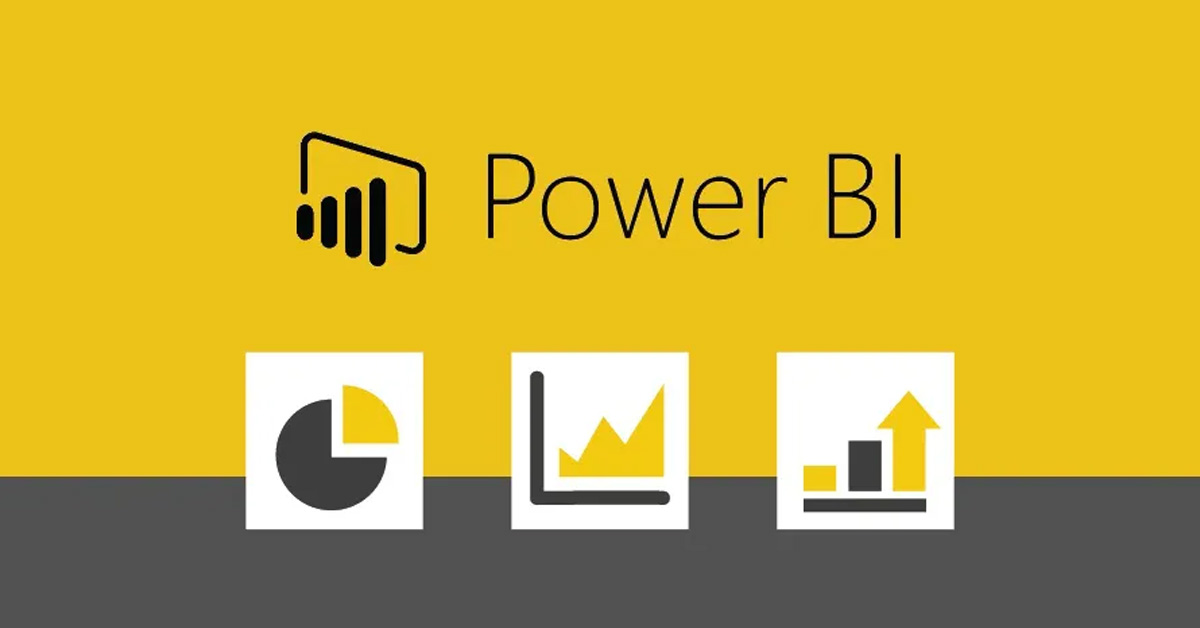
In summary: Google Gemini is a powerful AI tool with immense potential to reshape how we interact with information across various modalities. While not yet directly accessible to everyone, its presence shows exciting possibilities for the future of AI and human-computer interaction.
| Model: | Google Gemini | ChatGPT |
|---|---|---|
| Focus: | Multimodal AI (text, images, video, audio, code) | Generative text (creative writing, dialogue, translation) |
| Strengths: | * Wide range of information processing: excels at understanding and generating across different modalities. * Strong factual grounding: leverages Google's knowledge base for factual accuracy. * Emerging technology: actively expanding its capabilities and applications. | * Human-like language: produces expressive and engaging text formats. * Creative expression: adept at storytelling, humour, and poetry. * Open-source model: readily accessible for research and development. |
| Weaknesses: | * Early stage: may produce incomplete or inaccurate outputs. * Limited access: not directly available to the public. * Less focus on pure text generation: might not be as impressive in creative writing as ChatGPT. | * Limited factual grounding: can sometimes generate factually incorrect content. * Potential for bias: trained on a massive dataset that may reflect societal biases. * No access to Google's knowledge base: relies on its own training data for factual information. |
| Accessibility: | * Through Bard (Gemini Pro): ask me questions and explore its capabilities through conversation. * Google AI Studio (limited): developers can access Gemini for specific applications. | * Open-source: freely available for download and experimentation. * Various APIs: integrated into various platforms and tools. |
Remember, both models are under continuous development, and their capabilities are evolving rapidly. Ultimately, the best choice depends on your specific needs and preferences.




Lorem Ipsum is simply dummy text of the printing and typesetting industry. Lorem Ipsum has been the industry's standard dummy. Transform your vision into a fully functioning and highly responsive website with our expert website development services. Our skilled developers utilize the latest technologies to build custom... Introducing the revolutionary travel package management module. Craft dynamic itineraries, tailor pricing, track availability, manage inclusions, automate promotions, analyze trends. Optimize,... Social media marketing: We develop and execute a targeted social media strategy to increase your brand's visibility and engagement on popular social media platforms like Facebook, Instagram, and...Services
![]()
Website Development
![]()
Tours & Travels
![]()
Social Media Marketing
Site Studio is amazing to work with! They are professional, responsive, and delivered a high-quality website that exceeded my expectations. I would highly recommend them to anyone looking for a website development service.
Satisfied people feedback
![]()